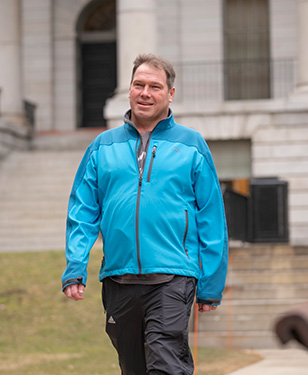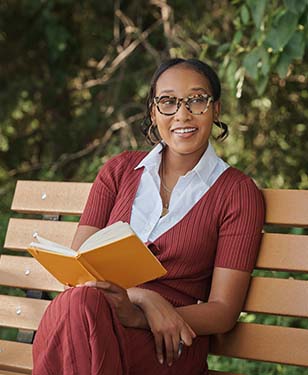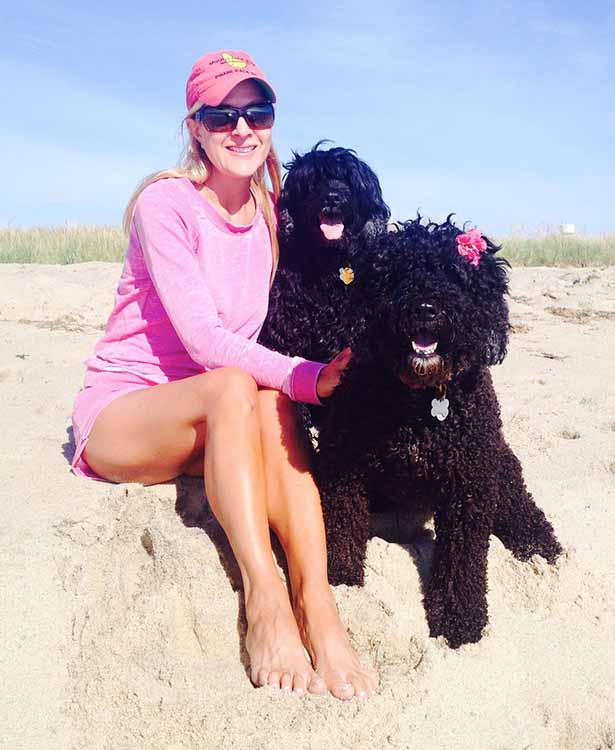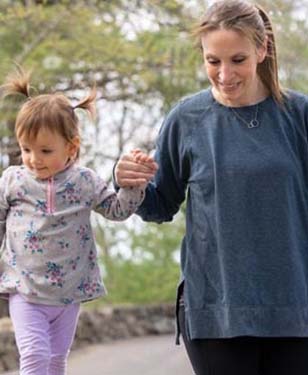While at university in London, studying Chemical Engineering, my symptoms got progressively worse. With crippling joint pain, walking to classes was sometimes impossible. After many doctors’ visits I was finally diagnosed with lupus at the age of 19. For the first time I was given a name for my disease.
Lupus, in many ways, seems like an “enemy” living within me. Living with lupus means learning when the enemy will attack through series of “flare ups.” The trigger could be anything from food, stress, doing too much in a day or lack of sleep. It can show itself as something harmless, like an ulcer in or around the mouth or nose, slight skin sensitivity or an occasional dry or red eye, before it progresses to red or dark blotches on the skin and painful stiff joints. So much so that even the simple task of brushing my teeth can be painful.
But these are the symptoms that I can see and feel. As a working mom, I tend to ignore those early symptoms and my doctor will often give me a hard time because by the time I get checked up, I am very unwell. The concern is when it causes inflammation of my internal organs such as the lungs, heart or kidneys, which can only be detected through further diagnosis. The treatment for this is a cocktail of medications including hydroxychloroquine and due to the attention, the latter has been getting in light of COVID-19, it has created a shortage and access issues for many of us living with lupus.
Women are usually diagnosed with lupus around their childbearing years and, like many others, I was told that having a child was not an option for me. When I became pregnant in my late twenties, my doctor told me that it was too dangerous, both for me as well as the baby. My husband and I sought medical advice and care from many physicians in different countries and in the end, I had a beautiful healthy baby. I now have three healthy beautiful children and after every birth I enjoy a year in remission without symptoms.
Living with lupus doesn’t just affect me, it affects my family as well. During flare ups, my husband plays a major role and often I would I reach out to both our families in the UK and Malaysia to help in addition to ongoing childcare and cleaning help. My children have learned to live with the disappointment of cancelling activities due to the changing weather or health condition and learned to cope when I am unable to help due to extreme fatigue during a flare up. Lupus taught me about finding the balance by listening to my body and taking better care of my physical and mental health. A few years ago, I suggested to my husband that we go for on a camping holiday and he got us a cabin with a jacuzzi in the forest instead as the sun aggravates my disease. Not much danger of been exposed to sun or stress there!
I was recently connected to the AccessAbility Employee Resource Network at Biogen and felt compelled to make a difference and help support others living with a disease or supporting their family as carers. Working at Biogen, knowing that my colleagues are working on a potential treatment for lupus gives me a sense of belonging and an even greater sense of purpose.
Hazura Isilay is an Associate Director in Product Complaints, based in Switzerland.





